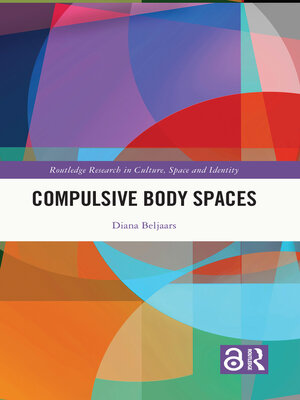
Sign up to save your library
With an OverDrive account, you can save your favorite libraries for at-a-glance information about availability. Find out more about OverDrive accounts.
Find this title in Libby, the library reading app by OverDrive.



Search for a digital library with this title
Title found at these libraries:
| Library Name | Distance |
|---|---|
| Loading... |
Compulsive Body Spaces presents a spatial understanding of compulsion. Providing a compelling account of the lives of 15 people with Tourette syndrome, it demystifies the seemingly irrational, purposeless and meaningless character of this behaviour.
It demonstrates how attending to the spatial circumstances under which compulsive acts, like touching, ordering, and aligning objects take place, can produce valuable novel insights that complement neuroscientific, psychiatric or psychological knowledge. By paying attention to the sensory, material, and social environment of the body during its performance of compulsive acts, the book establishes the ways in which configurations of bodies, objects, and spaces disrupt people's lives or allow them to thrive. This collaborative, qualitative study that is based on in-depth interviews, observations, and mobile eye-tracking places the book at the forefront of a new wave of patient emancipation in medical research, and gives rise to a renewed consideration of what empathetic, context-sensitive care may look like in the 21st century. In turn, its insights give rise to a ground breaking spatial conceptualisation of wellbeing. Considering the compulsive capacities of a broader humanity, Compulsive Body Spaces highlights the compulsive dimension in bodily spatiality, which underpins the very core theories of human life as embodied and performed.
This book will be of interest to students and scholars in science and technology studies, human geography, sociology, health and social care, medical humanities, continental philosophy and disability studies.







